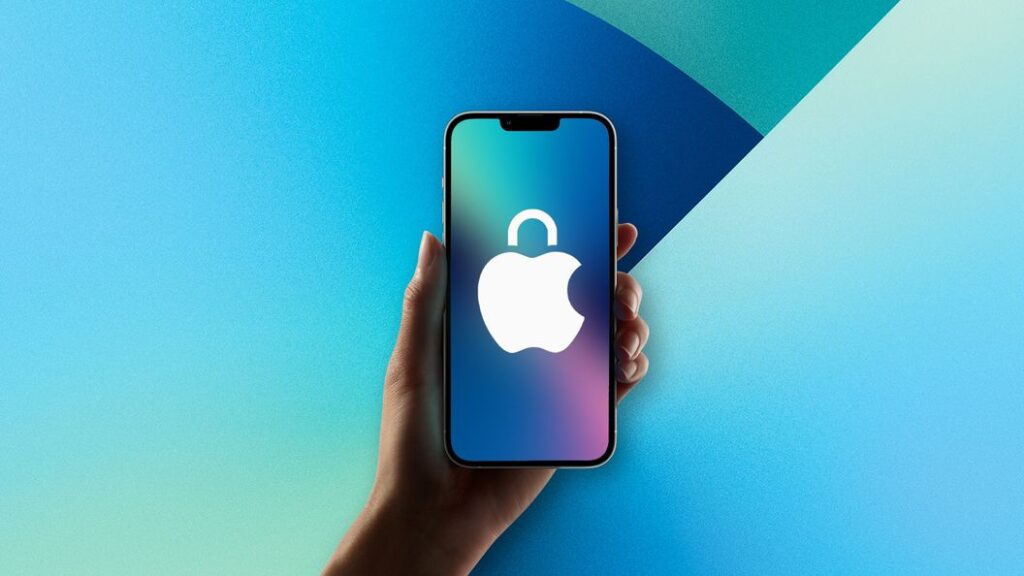Apple To Add ‘Lockdown Mode’ To iPhone Will Help From Pegasus And Govt Spyware.
According to a group of journalists and Amnesty International, NSO Group’s software has been used for years to follow government employees, journalists, and human rights campaigners. That’s in spite of claims made by the Israeli spyware company that it exclusively sells to law enforcement organizations that use it to apprehend criminals. The Pegasus spyware is intricate. In a nutshell, it works by utilizing zero-day, zero-click exploits on Android and Apple mobile devices. Zero-day exploits are vulnerabilities that have not yet been discovered by phone manufacturers and may frequently be remotely installed on a target’s phone using just a text message or other emailed link, requiring no user participation (thus the name “zero-click”).
Once Pegasus is installed, the NSO customer targeting the user can access and observe almost everything the target does on the phone. Pegasus spyware from NSO has been referred to be a danger to democracy. One of the reasons Apple launched a lawsuit against the corporation, aiming to prevent it from using Apple’s devices and services, is that it uses them to target journalists and human rights advocates. The NSO would have a considerably harder time locating zero-day flaws for Apple devices as a result.

However, Apple is not just relying on the legal system in its conflict with the NSO Group, Pegasus, and spyware producers worldwide. According to the firm, “Lockdown Mode” will soon be available on its iPhones, iPads, and Macs.
The feature is what Apple refers to as an “extreme” solution for users who may be targeted by Pegasus and other very sophisticated spyware, and it will be available this autumn as part of iOS 16, iPadOS 16, and macOS Ventura. It is clear why Apple views Lockdown Mode as excessive given that many iPhone functionality would become inaccessible when customers enable it. This is how it goes: Users can instantly activate Lockdown Mode in the Privacy & Security section of the Settings app if they suspect they may be at risk of or are informed that they are the targets of a spyware assault.
Users’ iPhones, iPad, or Mac will restart after selecting Lockdown Mode, and the following features won’t be available:
- Except for photographs, all message attachments are in the Messages app from all senders.
- Calls on FaceTime from individuals you have never FaceTimed before.
- Several online browsing technologies, including cutting-edge ones like just-in-time (JIT) JavaScript compilation, are prohibited.
- Requests for new shared picture albums and shared photo albums in the Photos app.
- If the iPhone is locked, wired connections (using a USB cable) from the iPhone to another device are possible.
- Apple Services invitations from users you have never engaged with before.
- configuration profiles, like those employed by school networks or VPNs.
These prohibited features share the trait of regularly serving as delivery vectors for zero-day, zero-click vulnerabilities.
The majority of Apple users, thankfully, won’t ever need to worry about Lockdown Mode because they are unlikely to be targeted by sophisticated malware like Pegasus. Lockdown Mode, however, should be a major help for individuals who are in danger because it instantly closes all known malware access points to an iPhone.
Lockdown Mode will be made available to all users with the public release of these operating systems this autumn and is now present in the development betas of iOS 16, iPadOS 16, and macOS Ventura. This news came over a month after Italian spyware vendors RCS Lab and Tykelab Srl stated that new spyware code-named Hermit was aimed at high-profile government figures. After allegations that a number of journalists, opposition politicians, activists, and businesspeople were targeted by the Pegasus spyware, a zero-click Trojan virus created by NSO Group, the Pegasus controversy gathered traction in 2021. In essence, it gives cybercriminals complete access to the victim’s smartphone and all of its contents, including its photos and messages.

I am a second-year student pursuing Liberal Arts from Nmims. I am a painter, I love reading and have a great interest in cooking. I am also a trained kickboxer. I’ve always had a passion for writing and hence in my free time, I work as a freelance writer.
